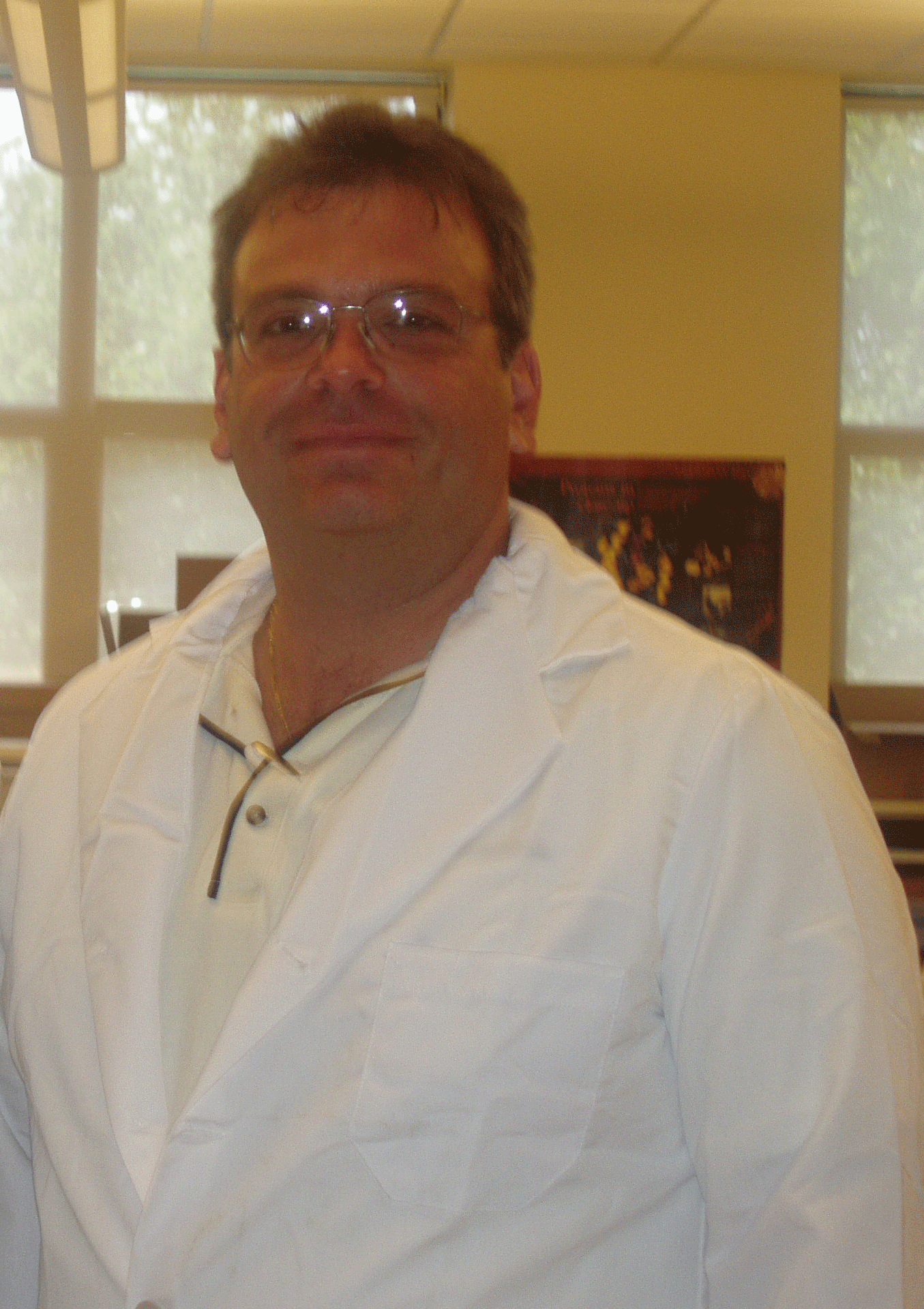Methods of Teaching Advanced Chemistry for Novice
AP Chemistry Teachers Series 3
Topic #1 Predicting Reactions
Topic #2 Stoichiometry
Topic # 3 Solids, Liquids, Gases
Topic # 4 Electrochemistry
Presented by

Mark Langella , Veteran AP Chemistry, Honors Chemistry
Instructor and AP Consultant, Mahopac High School, Mahopac, New York
This
four Saturday institute will provide an opportunity for high school AP
Chemistry teachers to observe significant teaching demonstrations, perform
experimental procedures using computer interfaced equipment, and to review with
presenters a variety of topics covered in AP Chemistry.
The
institute will provide information and materials to participating teachers that
will:
Topics
to be covered will include:
AP Chemistry Program
|
Saturday December
6th, 2008 Predicting Reactions-
|
Saturday,January
10th, 2009 Stoichiometry |
Saturday,February
7th,2009 Gas , Liquids and Solids |
Saturday , March 7th, 2009
Electrochemistry and Thermodynamics – |
|
Naming Compounds
Balancing Chemical Equations
Types of Chemical Equations
Types of Chemical Reactions
Predicting based on Stability
Predicting based on Type
Be able to write equations for Double Replacement Reactions
Be able to write equations for Simple REDOX Reactions
Be able to write equations for Non-Simple REDOX Reactions
Be able to write equations for Hydrolysis Reactions
Be able to write equations for Complex Ion (Transition Metal)
Reactions
Be able to write equations for Organic Reactions
|
Law of Constant Composition and Calculations based on Law
Using Moles to find a Quantity
Stoichiometry
Limiting Reagents
Using Density
Solution Terms
Stoichiometry involving Solutions'
Balancing Equations, Molar Mass, grams to moles, moles to grams,
gravimetric factors, % composition, Hydrated crystals, empirical
formulas: from percent, from experiments, Hydrate problems,
Molecular Formulas, Ideal Gas equation, Stoichiometry, limiting
reagent problems, Energy Relationships
|
Real Gases versus Ideal
Gases
Ideal Gas Equation
Derivations based on
Ideal Gas Equation
Gases collected Over
Water
Kinetic Molecular
Theory
Van Der Walls Equation
Molecular Speeds
Diffusion and Effusion
Molecular Theory
related to Phases
Phase Changes
Entropy
Heating and Cooling
Curves
Interphases
Pressure
Vapor Pressure
Boiling Point and
Freezing Points
Vapor Pressure Curves
Phase Diagrams – Triple
point, critical point
Energy change during
phase changes
Viscosity
Surface Tension
Types of Solids and
Crystal Structure
Lab Activities
1. Avogadro's Hypothesis
·
Using
Graphical Analysis
2.
Determining The Molecular Mass of Butane
·
Partial
Pressures
3.
Determination of Boiling Points and Refractive Index of
Unknown Liquids
·
Refractive
index
4.
Freezing Point of Phenyl Salicylate
Super
cooling
|
Oxidation and Reduction
Substances gaining
potential
Types of
electrochemical cells
Voltaic cells
Cell Potentials
Concentration
dependency of E
Nerst Equation
Cell potentials and
Equilibrium
Metal Electrodes
Reference Electrodes
Indicator electrodes
Applications of Voltaic
Cells
Electrolysis
Faraday’s Law
Electrolytic Cells
Order of reduction
Applications of
Electrolytic cells
Gibbs Free energy
Equation ( Free Work)
Relationship to
Equilibrium and Q
Relationship to E
Lab Activities
1.
Determination of Activity Series using single replacement reactions
in Gels
2.
Voltaic cell and Nerst Equation Lab
·
Variations of concentration effects
3.
Electrolysis of Aqueous Solutions Lab
4.
Copper Plating Lab
5.
Silver Electrode Reference Cell Lab
·
Making
Reference cells
|
(each area will include experimental work to support the concepts)
The course surveys the basic structure and content
necessary for an Advanced Placement Chemistry course. Chemistry topics such as
“how-to” problem solving, will be presented along with
special emphasis on the descriptive chemistry of reactions. Class size,
selection of students, textbooks, and labs will also be addressed. Special
attention will be paid to teaching strategies as well as the AP exam and its
grading. Laboratory work, suitable for AP classes, will be incorporated into the
course.
This program is designed for Novice AP Chemistry
Instructors with less than Six Years AP Experience.
Date: December 5th, 2009, Jan 9th, 2010, Feb 6th , 2010,
March 6th, 2010
Time : 8:00 AM-3:30 PM
Cost: $595.00
Place: Science Wing, Mahopac High School, Mahopac, New York
Sponsored by: PWISTA
Credit : A 30-hour
certificate toward in-service credit will be issued for use according
to your school district’s policy.
Manhattanville College - Three Graduate Science Education Credits available upon completion
of Project at an additional cost of
$ 870.00.
SUNY Purchase [Chemistry BCH.1020 ]-Two Undergraduate Chemistry Credits
available upon completion of project at an additional cost of $430.00 .
For college credit information
contact:
Dr. Peter Corfield, 914-251-6675
Peter W. R. Corfield, Ph. D.
Director, CSME & Visiting Professor of Chemistry Purchase College, SUNY
735 Anderson Hill Road
Purchase, NY 10577
Tel: 914-251-6675
Fax: 914-251-6635
Directions to Mahopac HS
Please make checks payable to PWISTA and mail to:
PWISTA , 67 Fassitt Drive, Mahopac, N.Y. 10541
or Use
Non Members please use PayPal Icon Below
Use online registration form below:
